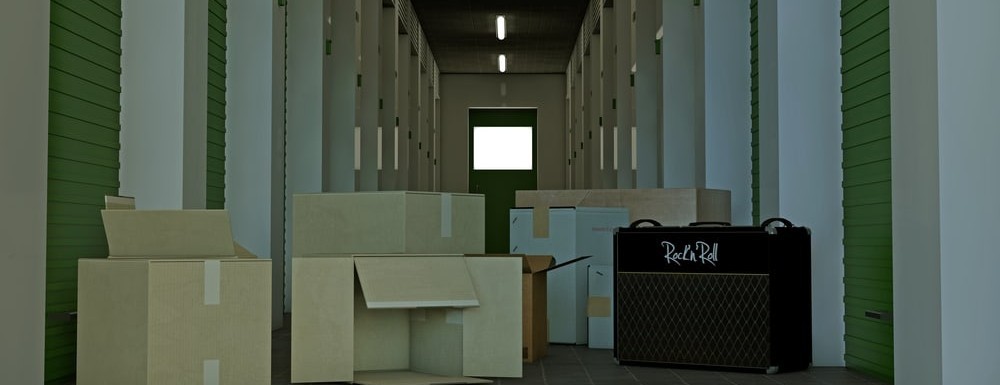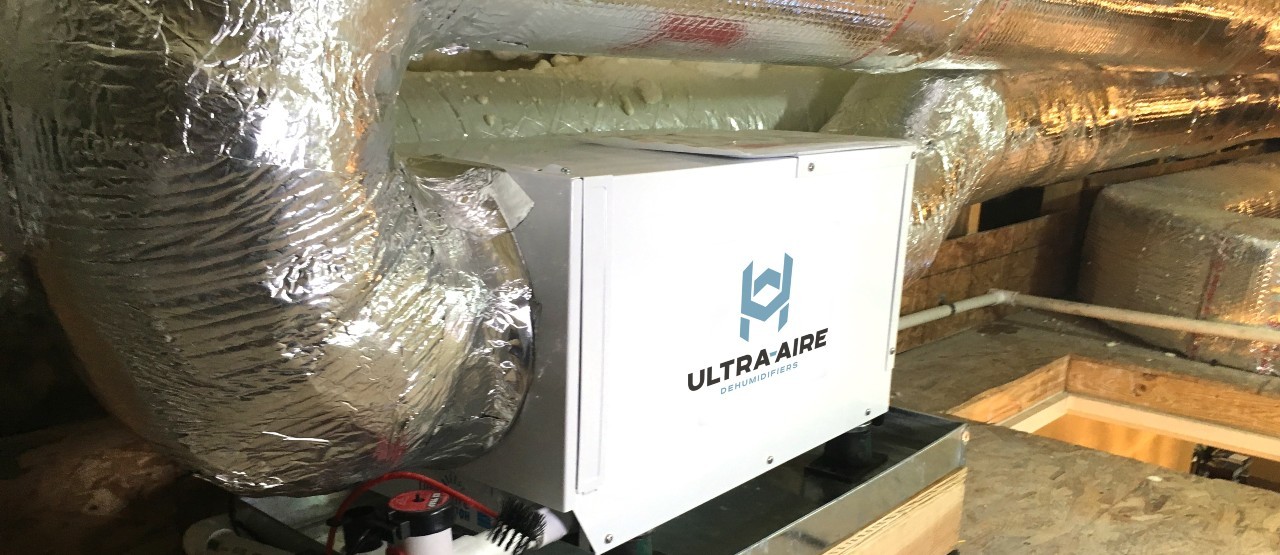Controlling Humidity in Self-Storage Facilities
Free Shipping Every Day
Standard shipping is free to the lower 48 states. We also offer 3-Day, 2-Day or Next-Day shipping for a variety of products.
Shipping to Hawaii, Alaska, and Canada may incur additional shipping charges.
Canadian shipments may incur duties, taxes and brokerage fees after your order is confirmed. These fees are non-refundable and will not be reflected in your order total.
For more information, go to Shipping & Delivery Information.
Ask Our Experts

Excessive humidity is a significant concern for those using and owning storage units. In addition to typical humidity issues like mold, mildew, and insect infestation, our belongings can easily be damaged in hot, humid climates and accumulate without proper care.
Luckily, heavy-duty dehumidifiers can stop these problems dead in their tracks. Read our guide to find out more.
- What is controlled humidity storage?
- What items are most susceptible to humidity issues?
- What are the benefits of having a humidity-controlled storage unit?
- What is the ideal humidity level for a storage unit?
- What can healthy humidity levels help protect against in storage units?
- How do you dehumidify storage units?
- Still have questions about humidity-controlled storage?
What is controlled humidity storage?
There are various storage unit types, from standard outdoor units without any control to temperature and humidity-controlled units. The controlled humidity storage protects your belongings from extreme temperatures and high humidity.

In addition to having HVAC systems, controlled humidity storage units maintain healthy humidity levels. This is typical with commercial-grade dehumidifiers. Particularly in extreme climates, HVAC systems aren’t enough to keep large areas from experiencing high humidity levels. Powerful dehumidifiers are required to pull excess moisture from the air to avoid mold, mildew, and damaged goods.
Learn more about the importance of controlled humidity storage in this case study involving a storage facility in Louisiana, conducted by Therma-Stor, an industry leader in dehumidification and manufacturer of popular storage unit dehumidifiers like the Santa Fe Ultra Series and commercial-grade Quest dehumidifiers.
What items are most susceptible to humidity issues?
Problems like mold and mildew will ruin any items in storage. But the objects of most concern include:
- Photos
- Electronics
- Antiques
- Vintage clothing
- Wood furniture
- Wooden instruments
- Leather
- Mattresses
What are the benefits of having a humidity controlled storage unit?
Basic storage units protect items from environmental elements like rain, but that isn’t enough for most items. Humidity-controlled storage units are the best way to protect photos, furniture, and other valuables from damage.

These units don’t just moderate temperatures; they also control humidity with large-scale dehumidification. Conditioned storage with humidity control offers various benefits, including:
- Avoiding mold, mildew, and paper rot
- Protecting photos from bending and being tarnished
- Avoid rust and wood damage to furniture
- Electronics can be ruined by moisture internally
- Keep your items safe from odors and bacteria that thrive in cold, damp locations
What is the ideal humidity level for a storage unit?
The ideal environment for storage units is a 50 percent humidity level and a temperature range between 50 and 75 degrees F.
What can healthy humidity levels help protect against in storage units?
Healthy humidity levels protect your stored items from being ruined in warm or humid conditions. Humidity-controlled storage units help protect against:
- Mold and mildew in the unit and on your items
- It’s ideal for storing valuable documents, electronics, and furniture
- Individual dehumidifiers are challenging to use in these areas and require maintenance
- Paper rot on paintings, pictures, and other paper products
- Odors and mold growing on clothing and furs
- Rust on antiques and other metal belongings
- Breakdown of electronics like computers, records, TVs and stereo systems
How do you dehumidify storage units?
Renting a humidity- and climate-controlled storage unit is the best way to avoid moisture issues. If you’re opening a storage facility or turning a current facility into one with climate-controlled abilities, adding dehumidifiers is the best way to control high humidity levels.

American-made and trusted for long-term reliability, Santa Fe Ultra Series dehumidifiers are popular storage unit dehumidifiers. These ducted models are easily installed in storage facilities’ HVAC systems to remove moisture from the entire facility.
Other top features include:
- 6-year warranties
- Money-saving efficient designs
- The dehumidifying power to protect large spaces from moisture and mold issues
Other Ways to Reduce Moisture
Additional moisture-reducing ideas for inside individual storage units:
- Use a standard dehumidifier in a single unit. Find one with an onboard humidistat that can turn on and off as needed, but keep in mind that you’ll need to check on the unit periodically.
- If you’re using a storage unit that connects to the outdoors, check for leaks. Any water leaks or exposure to the elements put your items at risk.
- Make sure all your items are completely dry before storing them.
Summary
Maintaining a healthy humidity level is essential when keeping valuables in storage units, particularly electronics, photos, and clothing. Using a dehumidifier is the easiest way to do this.
Still Have Questions?
If you have questions about which heavy-duty dehumidifier is best for you, contact one of our product experts at 1-800-934-9194 or email us at [email protected].
Ask Our Experts

























